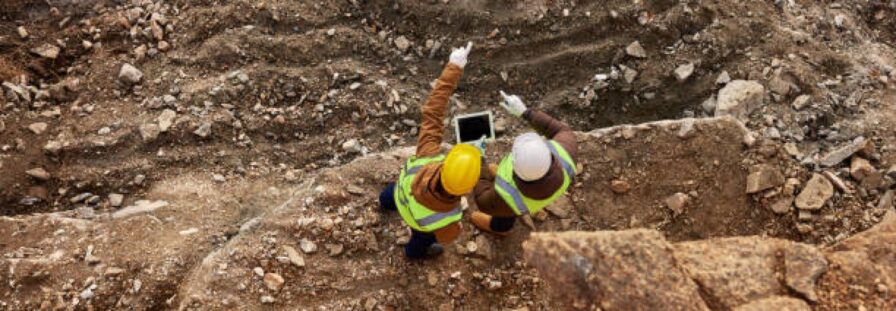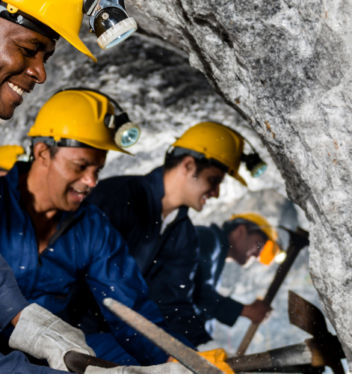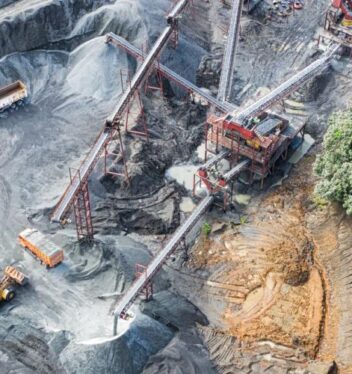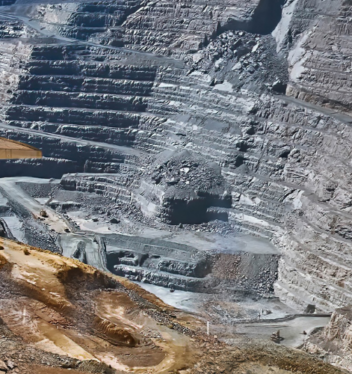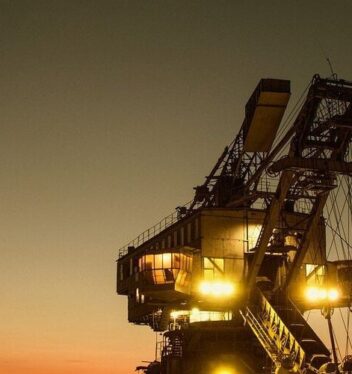This is especially true in Australia, where mining contributes significantly to the national GDP while also providing stable employment for a sizable portion of the population. According to the Australian Bureau of Statistics, the sector accounted for 10.4% of total GDP between 2019 and 2020, more than any other single sector, and the country’s Minerals Council reported in July 2021 that over 250,000 people were permanently employed in the industry, years after Covid-19’s disruption. We sat down with Kathy Larkan, Head of ATPI Mining & Resources, to discuss why there are recruitment issues in the mining industry:
The mining industry is extremely competitive and somewhat unique in that even entry-level positions can pay very well, and with commitment and a strong work ethic, it is not difficult to dramatically increase your earning potential in a relatively short period of time.
However, the sheer number of resource projects currently under development, as well as their rapid pace, has resulted in a severe shortage of appropriate skills in the market, which will remain a major challenge in the medium term.
Whereas production projects provide employees with long-term benefits such as ongoing training and personal development in addition to competitive salaries, the current tight labour market is pushing up remuneration offerings, making it increasingly difficult to compete in the short term.
Additionally, Underground miners face extremely hazardous working conditions due to flooding, fire, roof and side collapse, gas emissions, and ventilation failures. Many workers develop respiratory problems as well as diseases such as tuberculosis and silicosis.
However, many people have reassessed what is important to them over the last two years, resulting in high employee attrition rates, dubbed “the big quit.” Mining, which is already suffering from a long-term skills shortage, may struggle to fill many specialist and skilled roles if those with extensive industry experience follow the international trend.
Nonetheless, despite the industry’s reputation for resistance to change, it can be one of the fastest-moving in the world. Finding highly skilled and flexible workers is always a challenge, with many mines serving as testing grounds for new technological innovations
After speaking to some clients, we discovered the following:
- 75% of candidates say they are unlikely to accept a job if they have not had a great experience during the interview process.
- Some employers are beginning to engage new hires before they begin, sending video tours of offices and encouraging future co-workers to reach out and welcome new employees.
- Continued engagement during the first days, weeks, and months of employment, particularly in remote working situations
- Provide work options that are flexible. (49% of professionals say they would decline a job offer if the company required them to work full-time).
